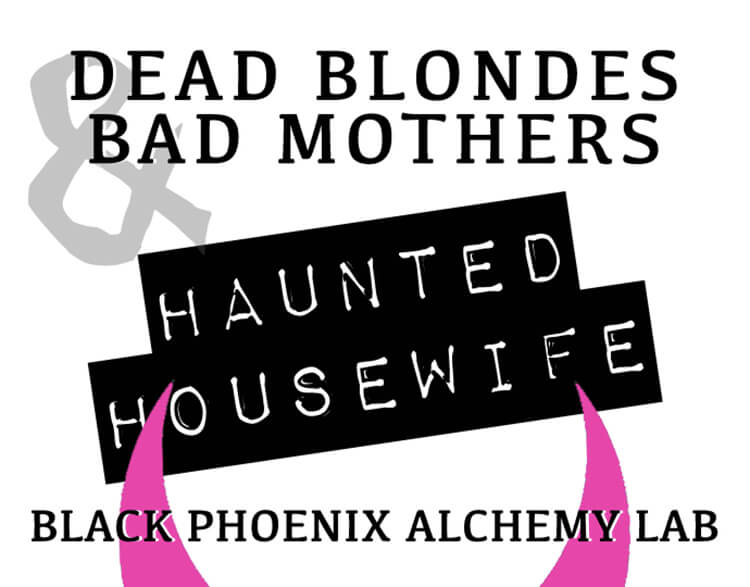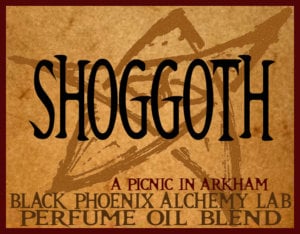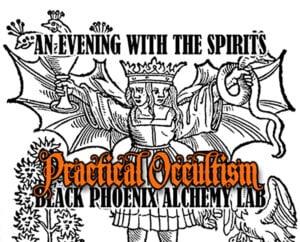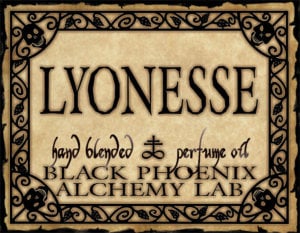“Women have always been monsters… But a monster is not something to dismiss, or look down on.”
To mark the anniversary of Jude Ellison S. Doyle’s 2019 book DEAD BLONDES AND BAD MOTHERS: Monstrosity, Patriarchy, and the Fear of Female Power [originally published as Sady Doyle, book available here], BPAL is proud to present a new collection of perfume blends inspired by this brilliant work of nonfiction.
DEAD BLONDES digs into the meaty places where pop-culture, history, and folklore overlap, presenting a series of monstrous feminine archetypes which perpetually recur in storytelling – including the stories we construct around current events, or events in our own lives.
Each archetype comments differently on the roles that women and femmes have been relegated to throughout society; many of these have been reclaimed and turned inside out over time, evolving from punishments into sources of power.
“This is a dark book, but some things are clearer in the darkness. This is a violent book, but an unsparing confrontation with violence can bring us to what lies beneath and beyond it.”
JUDE ELLISON S. DOYLE (@sadydoyle, he/they) is the author of Trainwreck: The Women We Love to Hate, Mock, and Fear… and Why (Melville House, 2016) and Dead Blondes and Bad Mothers: Monstrosity, Patriarchy, and the Fear of Female Power (Melville House, 2019). Dead Blondes was named a Kirkus Best Non-Fiction Book of 2019, and was shortlisted for Starburst Magazine’s Brave New Words Award. In addition, Doyle founded the feminist blog Tiger Beatdown in 2008, writes an ongoing column at GEN, has a prolific freelance journalism career, and once did a flow-chart about farts for the New York Times.”





Reviews
There are no reviews yet.